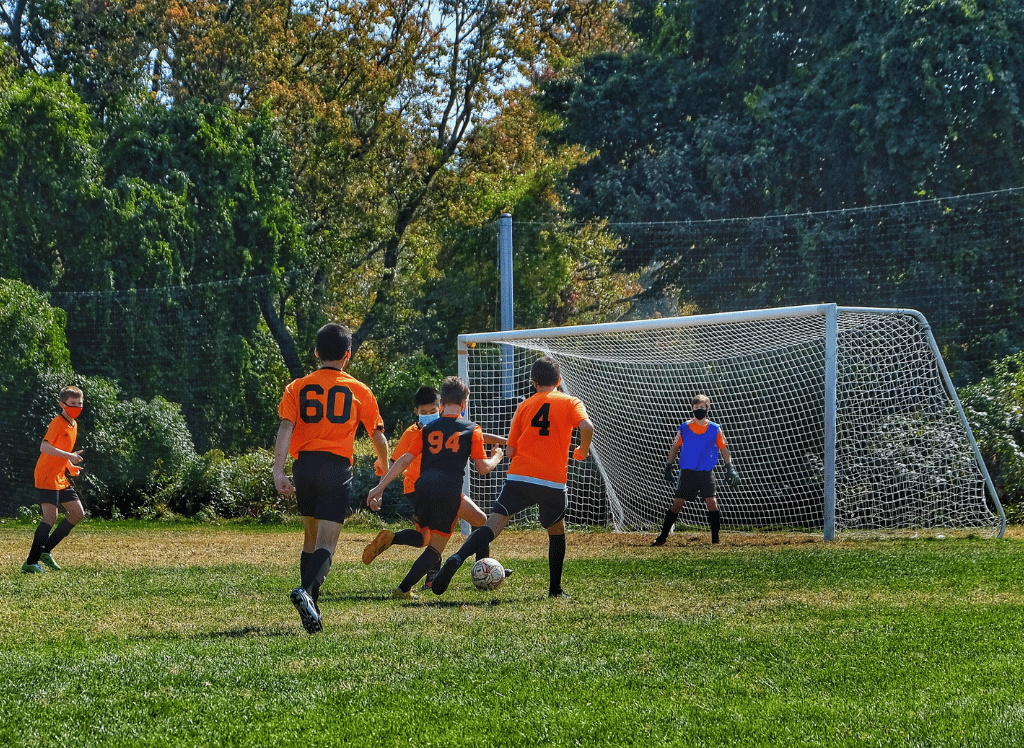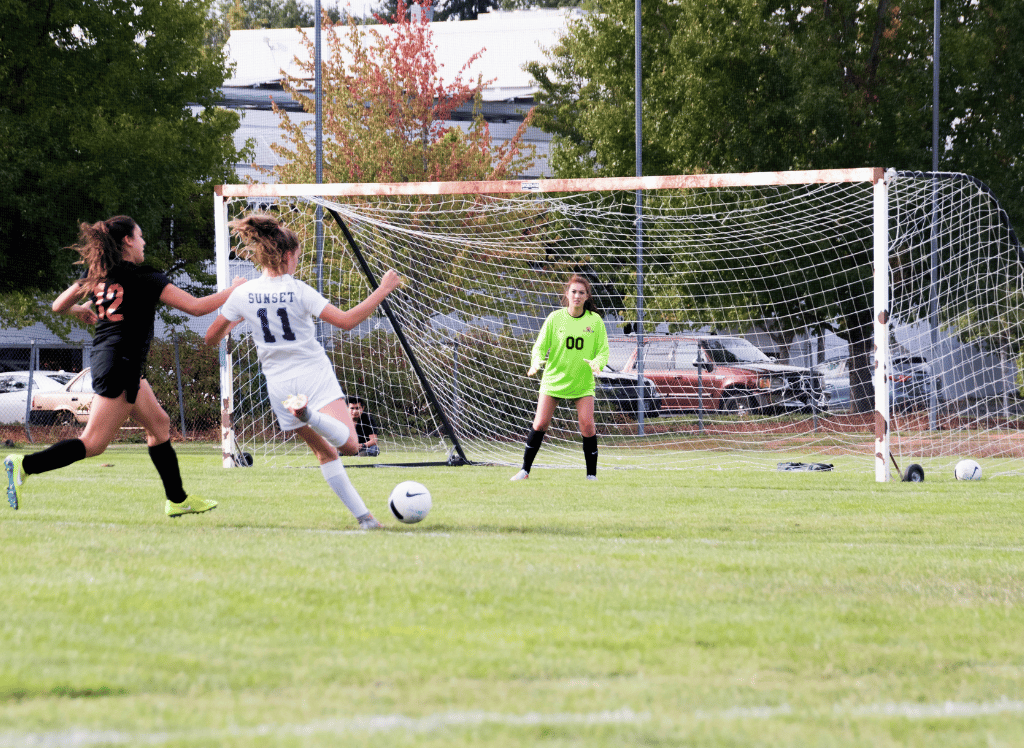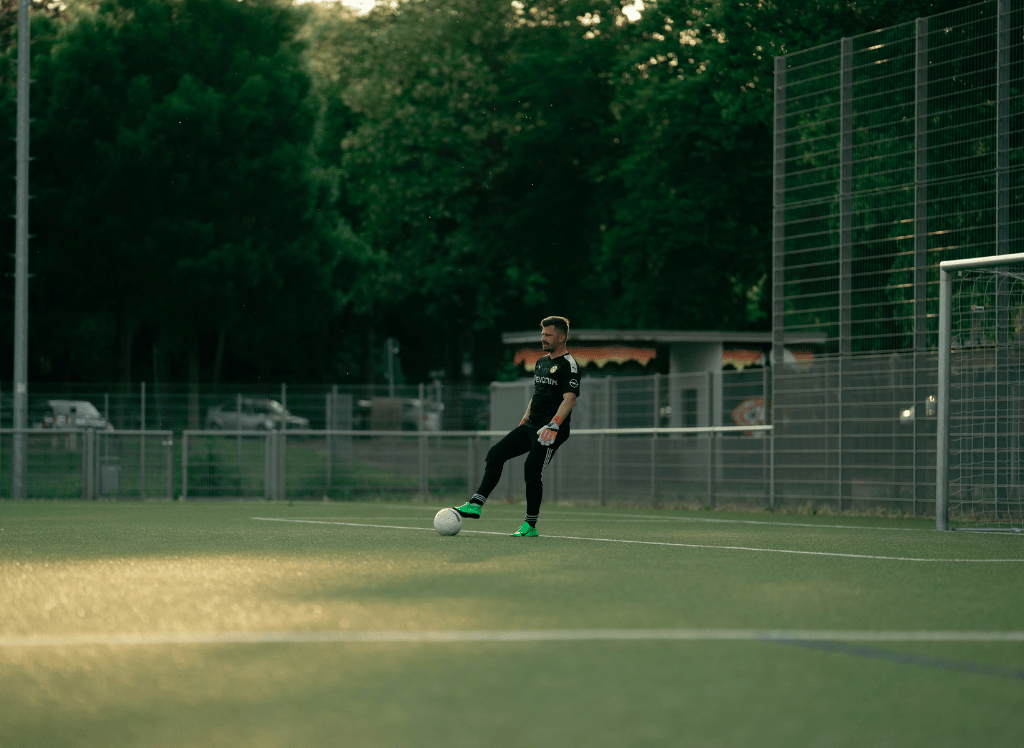Soccer is the most popular sport in the world, with billions of fans. But how long does a soccer match actually last?
That said, there are several factors that can affect the length of a soccer game. For example, if there are injuries or substitutions during the game, the referee may decide to add on extra time at the end of each half. This extra time is known as injury time or stoppage time and can be anywhere from 1 to 5 minutes or more depending on how much time was lost due to delays or substitutions.
In addition, if a team commits a foul during the match, there may be penalty kicks awarded and this can take a few minutes extending the length of a game.
If it's a championship match or other important knockout tournament event, where no winner can be declared after regulation play (e.g. if both teams are tied) then extra time will be added on after 90 minutes (30 minute OT). During this extra period, teams will continue playing until one team scores more goals than their opponent—which means that soccer games can sometimes last up to at least 120 minutes!
How long does overtime last in soccer?
Overtime in soccer is a method of determining the outcome of a match that has ended in a draw. It is typically used in professional soccer matches; cup and tournament playoffs when two teams have equal points after normal game play.
At the end of these two 15-minute periods, if the teams are still tied, then the game goes into penalty shootouts which may last up to five rounds for each team before being declared victorious. If during any round of penalty kicks either team succeeds in scoring more goals than their opponent, then they immediately win without going further into additional rounds.
What is a penalty kick in soccer?
A penalty kick in soccer is a type of direct free kick that is awarded to a team if a player from the opposing team has committed a foul.
It allows the attacking team an uninterrupted shot on goal, with just the goalkeeper defending it. The player taking the kick stands at least 12 yards from the goal line and attempts to score by kicking the ball into the goal.
Why isn't golden goal used in soccer anymore?
The golden goal, or sudden death goal, was a popular way to end soccer matches; but is no longer used in many competitions. This rule states that the first team to score a goal during extra time wins the match.
This is due to the fact that it does not provide both teams with an equal chance of success as the team who scores first during overtime wins, regardless of score. As a result, most soccer leagues have adopted other methods such as penalty shootouts for deciding games in case of a tie.
How often is the world cup in soccer?
The World Cup in soccer is held every four years. It was first held in 1930 for men and 1991 for women.
How long is a youth soccer game?
Youth soccer games typically lasts for two equal halves of 45 minutes each, with a 15-minute break in between. Depending on the age group, the length of the game may be modified accordingly (e.g., U6 teams may play smaller games such as two 20 minute halves). Additionally, some youth soccer leagues may also have overtime and penalty shootouts to determine a winner in case of a tie.
How long is a college soccer game?
According to FIFA, the international governing body of soccer, a college and high school soccer game is typically 90 minutes long. It is divided into two 45 minute halves with a halftime break of around 15-20 minutes. College and high school soccer games may also include extra time added to the end of each half depending on when a goal is scored or other factors.
Are men and women's soccer games the same length?
Generally speaking, the soccer game length are the same. The duration of both a men's and women's soccer game usually consists of two 45-minute halves. However this can vary depending on the competition and match type; FIFA World Cup matches for both men and women are still 90 minutes. Professional leagues also tend to follow this standard, but amateur or youth games may differ in duration.
Why are soccer games 90 minutes?
There isn’t one definitive answer as to why soccer games are 90 minutes in length. However, some theories suggest that it was done as an homage to rugby union which also had two halves lasting 45 minutes each at this time period when soccer was first being established as its own sport in England during the mid-1800s. Additionally, it can be argued that this amount of time allows teams enough chances to score goals without making games too long or drawn out if they remain scoreless after regulation time has expired.
This length gives teams enough chances to score goals without making events too lengthy or drawn out if needed be after regular playtime has ended . That being said, youth leagues may have different rules when it comes to their game lengths such as U12 matches lasting 70 minutes instead and U8 matches lasting 40 minutes instead. Regardless, whether you’re out kicking a soccer ball, watching your team from home or live at an arena near you, make sure you’re enjoying every minute!









